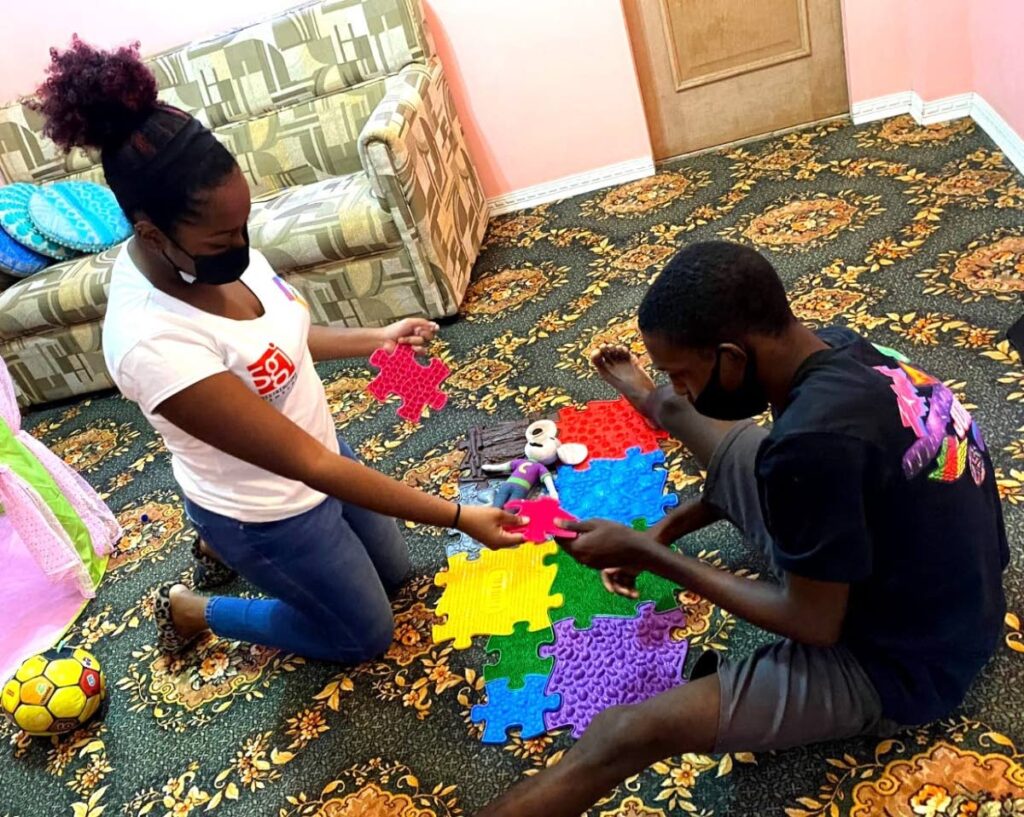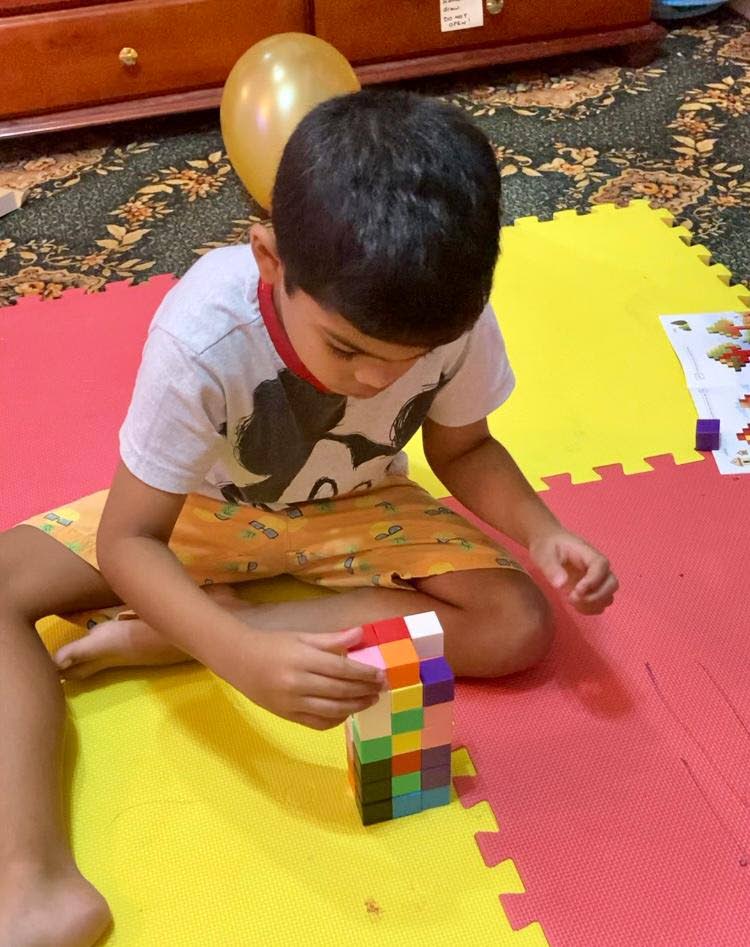Struggles for therapy

DR RADICA MAHASE
“When my son was diagnosed with autism, the paediatrician recommended that we take him for speech, occupational and behavioural therapy. We were also told to do a hearing test and to see a dietitian. We were overwhelmed.
"We are not rich or anything; my husband and I were both working and saving and making sure that we provide for our two children, as best as we could. I thought we were doing good enough, until we started looking for therapists. We started with speech and occupational therapy and the assessments alone cost us almost $10,000 and then an average of $1,500 a week. Within six months our savings started disappearing.
"Both our insurance companies did not cover the cost of therapy so we could not even claim back for that. As savings got less and less, and as I had to resign so I could stay home to care for our son full time, things got worse. With only one salary, we had to cut down on the therapy – which to choose? We ended up taking him for speech because that’s all we can afford for now. It makes me so sad that we have to choose between therapies for our son, especially as we know he needs both but that’s all we can afford right now.”
Autism is a lifelong condition. It doesn’t go away when a child becomes an adult. It cannot be "healed" or "fixed" or "cured." Individuals diagnosed with autism will have various types of developmental challenges throughout their lives – some may have difficulties with speech and socialisation, others might be sensitive to sounds and lights, and so on. While the challenges will always be there, in one way or the other, various types of therapy can help people with autism to manage their behaviours and aid in their development. They can teach life skills and coping strategies. Various forms of therapies can help those diagnosed with autism to develop, to become more independent and help them to live a fulfilling life.

However, there are too many obstacles in the way of accessing therapy in TT. Most definitely, the biggest hurdle is the high cost of all forms of therapy. Before a child can start therapy, an assessment must be done – the cost of an assessment varies from $800 to $5,500, depending on the therapist and the type of therapy. A single session is usually an average of 30 minutes to one hour and cost ranges from $250 to as high as $500 a session, sometimes more, depending on the therapist. The number of hours of therapy needed varies according to the individual, but as therapy is so crucial to an individual’s development, the recommended amount can be between five to 20 sessions per week.
In TT, many parents struggle to afford one or two sessions because of the high cost. The majority of parents have to choose which therapy they believe is a priority because they cannot afford to take their children for all the different therapies.
Another major struggle is finding a therapist who is willing to work with your child. There are incidents where parents pay for assessments and are then placed on a waiting list. Months later, their children still have not started therapy sessions. Another issue is therapists who refuse to work with the older, “more difficult” children. Thus, teenagers and young adults, especially males, cannot find therapists who are willing to work with them.
Anna, the mother of a 13-year-old boy noted, “My son started speech therapy when he was seven years old and he was developing really well. When he reached pre-teen, he started to get agitated easily and the therapist told us to take him for behavioural therapy and when he started behaving better then she will start working with him again. As he got old and bigger, it became harder to find someone to work with him, so he has been out of therapy for a while now.”
We will continue to hear experiences like these as long as the various therapies are only available privately. Therapists working privately have the full right to work with whom they want and since there is no standardisation of cost, they can charge whatever they want. Most parents on the other hand will always have to play "eeny meeny miney mo"when it comes to deciding which of the therapies their child gets.
The only way we can move forward to provide equal access to therapies is by making it available to all those with special needs within the public healthcare system. The ideal situation would be to offer the main ones – speech and occupational therapy, through the health centres and hospitals. Another option is to offer them through the Ministry of Education for those children who are enrolled in public schools. Maybe, the Ministry of Youth Development and National Service can make speech, occupational and development therapy available to autistic youths?
One would think that something that is so crucial to a child’s development would be high on government's agenda and that there would be more interest from ministries such as health and education. Alas, in this "land of feteing and wining," helping autistic children, and children with special needs/disabilities on the whole, seems to be the least important thing. It’s almost as if we don’t realise that these children are going to grow up to become adults and if we don’t provide the appropriate intervention now, how will they be able to function as adults?
Radica Mahase is the founder/director of Support Autism T&T


Comments
"Struggles for therapy"